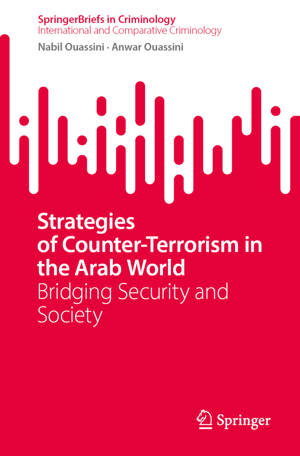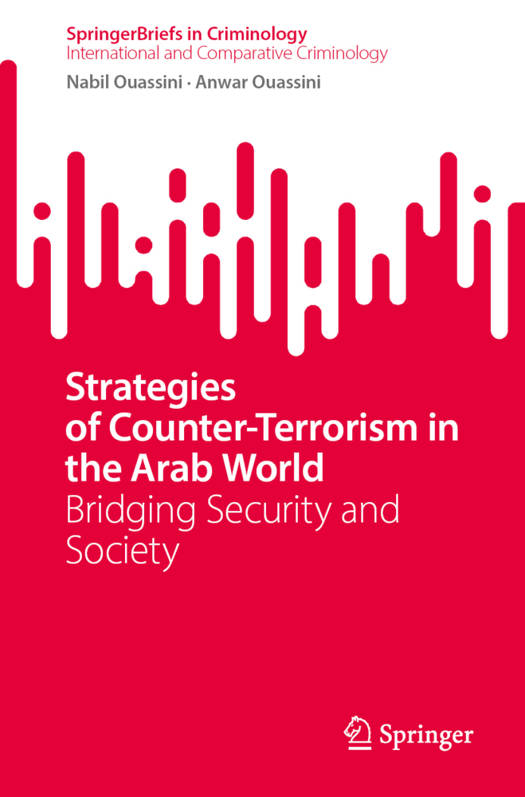
- Afhalen na 1 uur in een winkel met voorraad
- Gratis thuislevering in België vanaf € 30
- Ruim aanbod met 7 miljoen producten
- Afhalen na 1 uur in een winkel met voorraad
- Gratis thuislevering in België vanaf € 30
- Ruim aanbod met 7 miljoen producten
Strategies of Counter-Terrorism in the Arab World
Bridging Security and Society
Nabil Ouassini, Anwar OuassiniOmschrijving
This volume examines the strengths and weaknesses of conventional, unorthodox, and other alternative counterterrorism strategies utilized by Arab governments, particularly as the region's citizens have experienced the highest victimization rates in the last few decades. The book illustrates how governments adapt counterterrorism strategies to their unique contexts, providing valuable insights and lessons into how local factors shape counterterrorism efforts. It is ideal for undergraduate and graduate students in comparative criminology, international criminal justice systems, terrorism, conflicts studies, Arab studies, and Middle Eastern/North African studies.
Specificaties
Betrokkenen
- Auteur(s):
- Uitgeverij:
Inhoud
- Aantal bladzijden:
- 70
- Taal:
- Engels
- Reeks:
Eigenschappen
- Productcode (EAN):
- 9783031922435
- Verschijningsdatum:
- 27/07/2025
- Uitvoering:
- Paperback
- Formaat:
- Trade paperback (VS)
- Afmetingen:
- 155 mm x 235 mm

Alleen bij Standaard Boekhandel
Beoordelingen
We publiceren alleen reviews die voldoen aan de voorwaarden voor reviews. Bekijk onze voorwaarden voor reviews.











